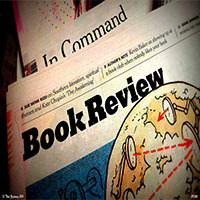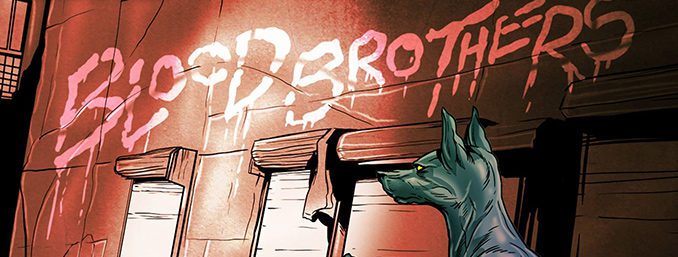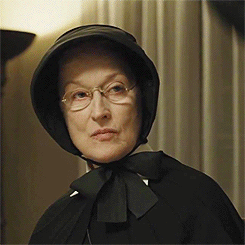
Here’s a painful book: A Most Wanted Man by le Carré.
And judging by the reviews I’m not the only one. It’s scraping in with an acceptable 3.47/5 on Goodreads although among the more considered reviews it’s dire.
It’s one of those books where I literally had to force my eyes to the end of each line. The dialogue was hideous, the plot bland, predictable and lacking in sophistication, the characters dud and unrealistic. A great cold war espionage writer is le Carré but he’s out of his element in the war on terror. He’s not the only one. Fredrick Forsyth’s similarly-themed Kill List also struggled. Evidently, ex Secret Service old white men who cut their teeth in the cold-war era are out of touch with the age of digital currencies, blockchain and quantum distributed keys encryption.
Perhaps the greatest achievement of le Carré is uniting the Guardian and Telegraph in praise: ‘One of the most sophisticated fictional responses to the war on terror yet published…’ opined Hari Kunzru from the Guardian. Not to be outdone, ‘…is a first-class novel.’ Indeed, le Carré’s book boasts 5 pages of back to back praise.
I digress. What makes people buy books? In a word reviews. A well-reviewed book will catapult it towards the vaunted best-sellers list, irrespective of its quality. Conversely, how many a rip-roaring read is left undiscovered, languishing in an unloved slush pile, turned over by summer-intern ‘literary agents’ themselves not yet out of university, yet making critical judgements on merit. These days, even with a great novel, publishers will think hard before embarking on a project if you do not have a pre-existing fan base into which they can easily sell. It’s all about the benjamins.
So what explains this disconnect between mainstream literary reviews and community reviews?
In a word, don’t rock the boat; don’t be the one who stands out alone. I come from an investment banking background and it’s identical to equity analysis. Analysts will keep themselves within the bands of accepted wisdom for fear of being the only one to get it wrong. There’s no harm in always being wrong, as long as your peers are too. It’s a herd like mentality – safety amongst the pack. Don’t be the one who stands out on a limb as it will affect your career.
If A Most Wanted Man were written by an unknown writer, I have little doubt the reviews would have been ruthless.
The reviews system is broken. Here’s how to fix it.
This simple fix, will be so radical that it will turn the status quo on its head.
Blind reviews – submit the manuscript sans author name and publisher – just a code that ultimately maps back. As simple as that.
What are the chances of this happening any time soon? Precisely zero. Because writing, literary agents, publishing, reviews, merchandising and spin off movies are now – more than ever – all about the benjamins. Just look at Simon & Schuster’s disgraceful six-figure advance to Milo Yiannopoulos for an example of how low a publisher will stoop to boost bottom line.
The only way change will come in this industry is if three or four of the premier authors collude to set up an alternative paradigm.
My first romance novel is due out this summer: City Affairs: My Quest For Love followed by a war on terror thriller in 2018 provisionally titled Prime Minister Down. Let’s see if it gets reviewed





